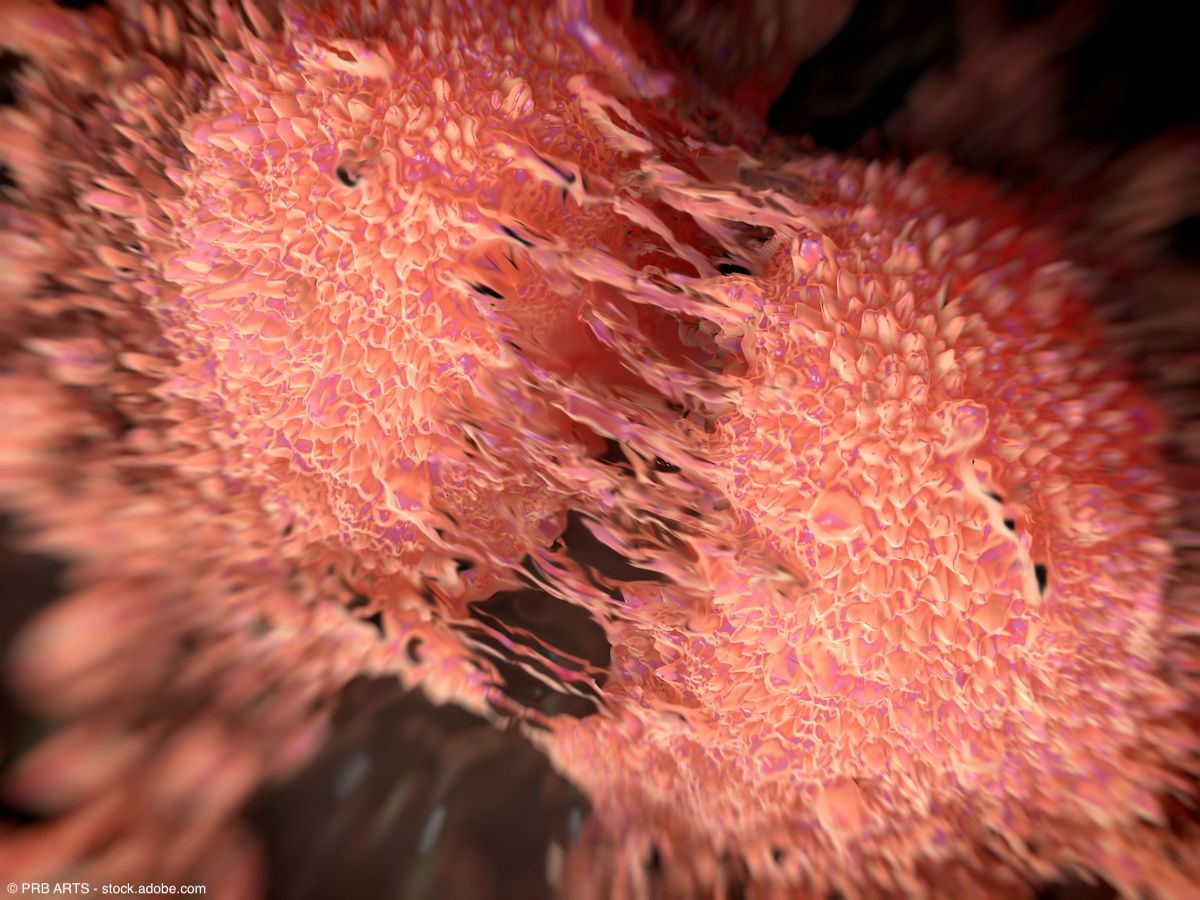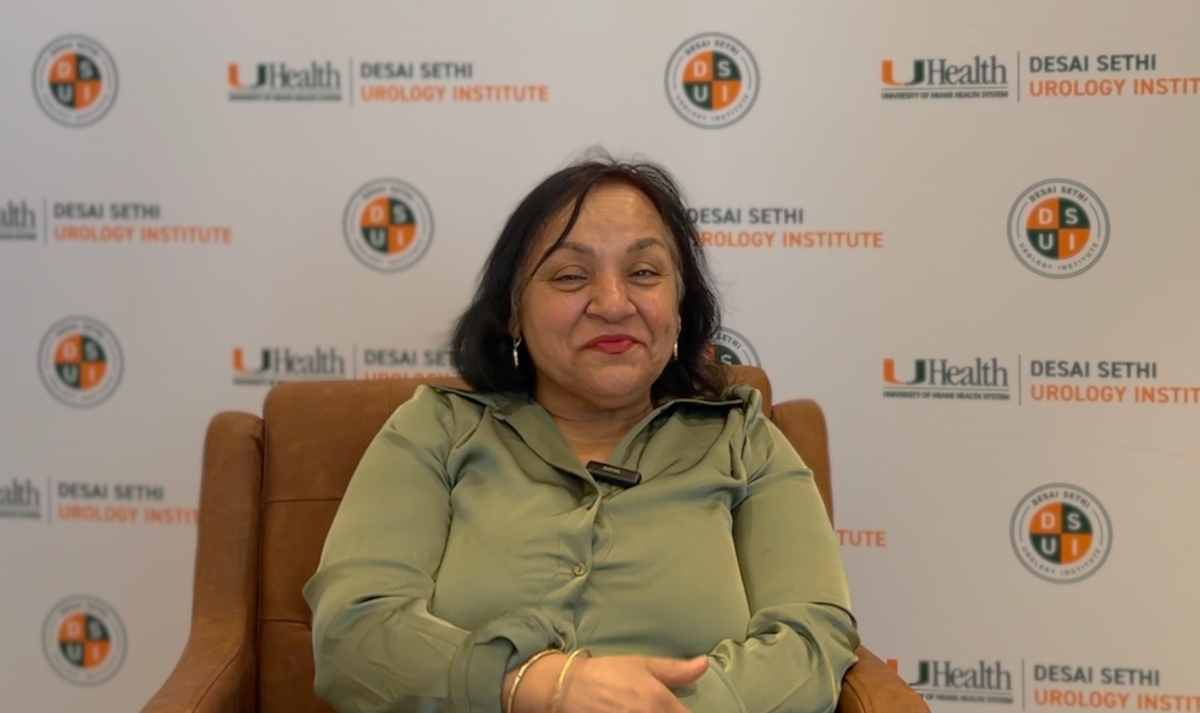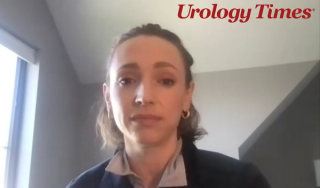
Prostate Cancer
Latest News
Latest Videos
CME Content
More News

The trial plans to enroll up to 80 adult patients with mCRPC who have progressed on prior systemic therapies.

“We hypothesized based on prior work that specifically men with low-volume disease, if they inherit this hyperactive form of HSD3B1, they'll have shorter overall survival. It turns out that that's true,” says Nima Sharifi, MD.

"We found that actually, many, many physicians were not reporting PSA doubling time," says Alicia Morgans, MD, MPH.

Median PFS was 35 months in the MDT plus SOC group vs 21 months in the SOC alone group.

A total of 37 studies included real-world OS as an outcome; in these studies, median real-world OS ranged from 9 months to 23.5 months.

"Efficacy outcomes with darolutamide plus ADT were improved vs placebo plus ADT regardless of disease volume," said Fred Saad, MD, FRCS.

The median number of re-injections was 6 (range, 1-12).

"Patients with metastatic hormone-sensitive prostate cancer benefited from treatment with darolutamide plus ADT and docetaxel regardless of age," said Joan Carles, MD, PhD.
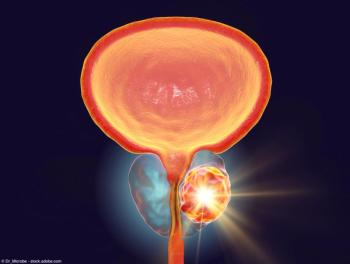
In both racial cohorts, median MFS was not reached in the darolutamide group.
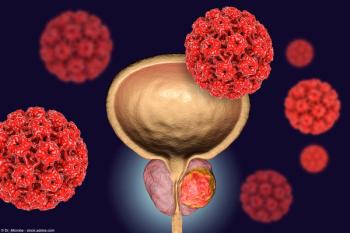
“Looking at our overall results, not surprisingly, we can show a clear benefit of ARPIs on overall survival," says David Fisher, MSc, MA.

The investigators reported an HR for OS of 0.796 (95% CI, 0.661-0.958; 2-sided P = .0155) for talazoparib/enzalutamide vs enzalutamide/placebo.

The software generates heatmaps to help identify prostatic tumors that may have been missed on initial reads.
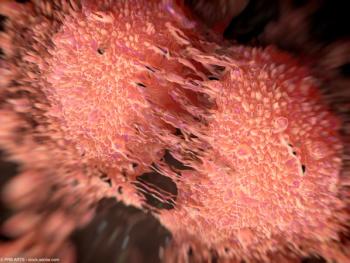
"The management of advanced prostate cancer has evolved significantly, driven in part by the integration of diverse biomarkers that guide treatment decisions from diagnosis through progression," says Nedim Ruhotina, MD.

"We need to promote further research and guidelines for safe use of these natural products, because I think we're missing out if we don't monitor them," says Channing J. Paller, MD.
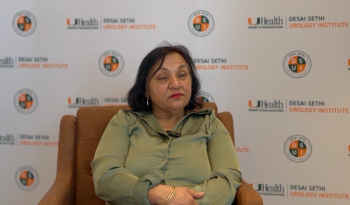
"My second book is on pelvic pain or prostatitis. It is focused on a holistic approach and stretches and mindfulness exercises," says Vanita Gaglani, RPT.

A recap of the FDA submissions and regulatory decisions in urology from January 2025.

“Black patients have over 2-fold excess mortality compared to White men, and that has been fairly consistent; the actual rate ratio has hovered between 2 and 2.5 for many years,” says Matthew R. Cooperberg, MD, MPH.

The primary end point is 12-month radiographic progression-free survival.

A list of facts and trends to know about the current landscape of urologic cancer management and research in the US.

The data also showed that mortality plateaued in recent years despite declining in years prior.

"Most of these comorbidities, while they do affect the bladder, don't seem to affect the surgeries for stress urinary incontinence," says Jaspreet S. Sandhu, MD.
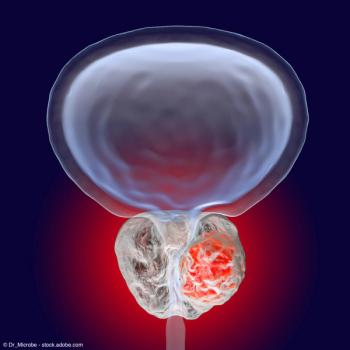
The incidence of late grade 2 or greater GU toxicity at 5 years was 12.5% among those who did experience acute toxicity vs 7.5% among those who did not.

"We need to think carefully about what we're putting in our body and what the regulations are about natural products that we ingest," says Channing J. Paller, MD.

“It does seem clear that we need to get back to a smarter middle ground of screening—using screening more intelligently, finding the high-grade cancers and treating them—so that we can get that mortality curve back on a downward trajectory,” says Matthew R. Cooperberg, MD, MPH.

“MPS2 could potentially improve the health of our patients by avoiding overdiagnosis and overtreatment and allowing us to focus on those who are most likely to have aggressive cancers," says Ganesh S. Palapattu, MD, FACS.

